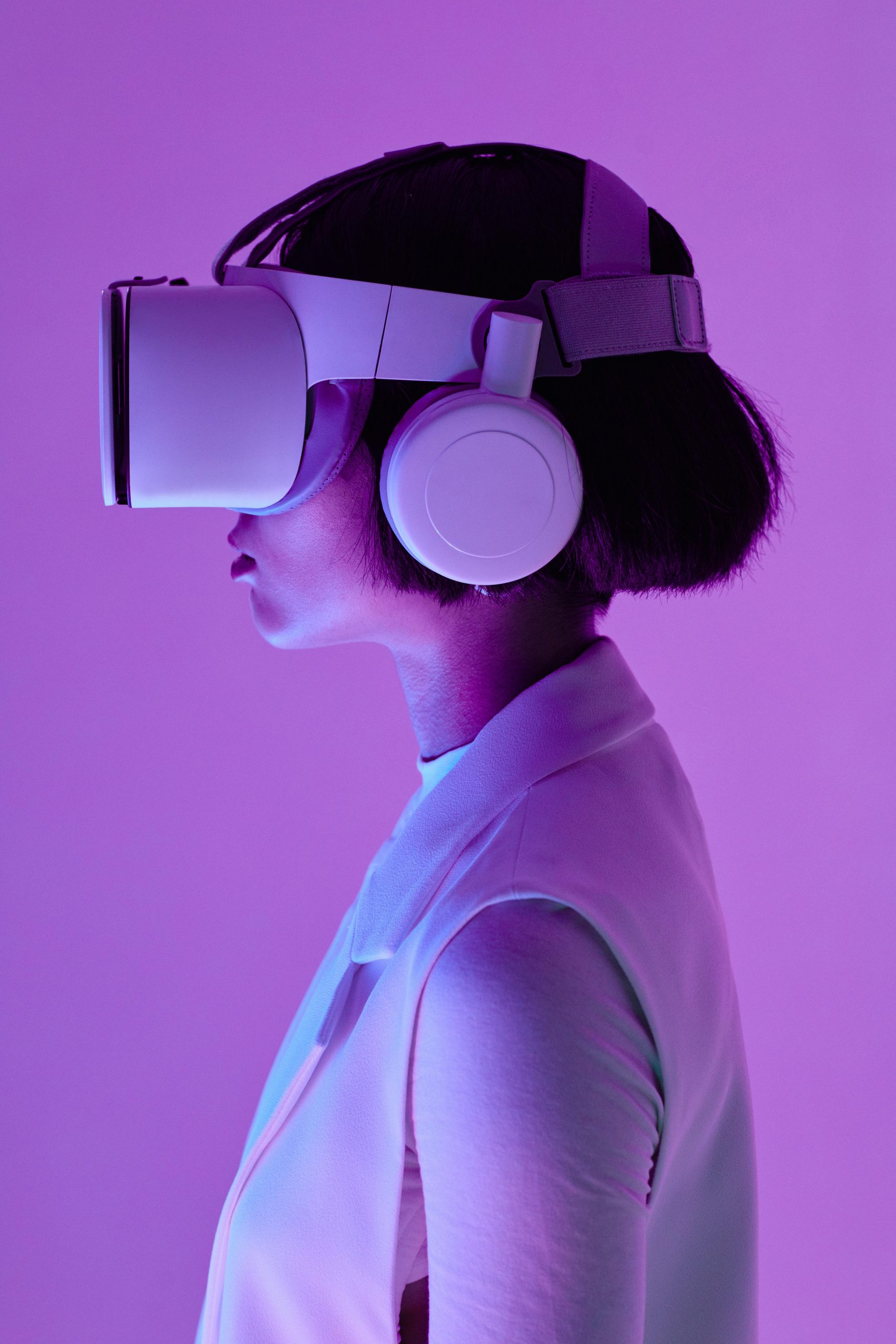I’ve just uncovered a startling truth about AI that everyone seems to overlook
The Hidden Cost of AI: Losing the Power of True Boredom
In our rapidly evolving technological landscape, it’s easy to focus on tangible changes—job automation, new tools, enhanced productivity. But there’s an underlying shift that warrants deeper reflection: the erosion of boredom as a catalyst for human innovation and creativity.
When was the last time you experienced profound boredom—those moments of mind-wandering where no external stimuli are present? For many, such moments seem increasingly rare. Instantly, we reach for our smartphones, scrolling endlessly through curated content. Enter AI and sophisticated algorithms, always ready to entertain or distract us at a moment’s notice.
This convenient escape might seem harmless, but it masks a profound consequence: Boredom is the birthplace of creativity. Throughout history, many of humanity’s greatest discoveries and artistic achievements emerged from periods of idle reflection. Einstein conceived relativity during long walks; J.K. Rowling crafted the world of Harry Potter during train delays; Charles Darwin’s most innovative ideas arose during solitary walks in nature.
These episodes of unstructured time allowed the mind to wander, make connections, and innovate. It’s an intrinsic part of what makes us human—our ability to imagine possibilities beyond immediate stimuli.
However, AI is transforming into the perfect antidote to boredom. Its endless patience, boundless creativity, and constant availability mean we no longer need to endure uncomfortable silence or downtime. Why allow our minds to drift and potentially stumble onto new ideas when a quick scroll can provide instant entertainment?
This shift raises a critical concern: we’re cultivating a generation that may never experience the mental discomfort that often sparks innovation. And here’s a paradox worth considering—AI, by training on human-created content, is actually rooted in the very boredom-driven creativity that it now helps us avoid. If our collective capacity for boredom diminishes, so too does the wellspring of human ingenuity that fuels AI’s growth.
The question looms: what happens when the most creative species on Earth relies entirely on external distractions, losing the internal drives that originally fueled our progress? Are we inadvertently pruning the very seed of innovation from our future?
As we stand at this crossroads, it’s worth asking ourselves: have we, in our pursuit of convenience and entertainment, walked into a trap from which reversing might be impossible? The challenge now is to find a balance—reclaiming the quiet moments where boredom transforms into breakthrough, even in an age of ceaseless digital stimulation.














Post Comment